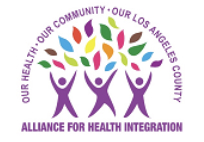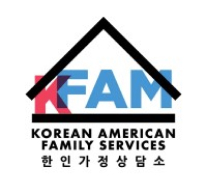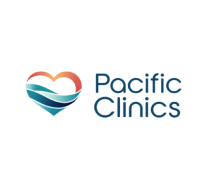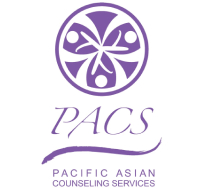Home-based support for young
Asian Pacific Islander (API) families
We strengthen families and prevent child abuse that may arise due to risk factors
KYCC partners with the Department of Children and Family Services (DCFS) to provide home-based support for young API families impacted by domestic violence, substance use, teen pregnancy, or mental health illness.
If you or someone you know is in need of support, give us a call today or request a call back from us.
3727 W. 6th St.
Ste. 402
Los Angeles, CA 90020
Monday – Friday, 9 a.m. – 7 p.m.
-
What do home visits look like?
A counselor will come to your home 2 to 3 times a month. We can provide parenting education, counseling, crisis intervention, case management, concrete support and psychotherapy.
-
Who is eligible for home visitation services?
- You live in LA County and
- You identify as API and
- You are pregnant or have a child between the age of 0 and 5 and
- You are currently being impacted by:
- domestic violence or
- substance abuse or
- mental health issues or
- teen parenthood.
-
What languages do you offer?
We at KYCC offer services in Korean and English. However, we are able to refer those who prefer Cantonese, Mandarin or Tagalog to our trusted partner organizations who offer the same services. We have live interpretation available for all other API languages.
You can call us today and we can provide interpretation for any API language.
Everyone deserves help to deal with the stresses of life. KYCC has counselors bilingual in Spanish and English as well as Korean and English who are ready to help you and your family receive high-quality, culturally appropriate mental health counseling.
Our team of counselors can provide individual, group, and family therapy as well as link you to other resources in our office or via telehealth.
If you are having a psychiatric emergency, please call 911, or go to your nearest emergency room. If you are experiencing suicidal ideations or emotional distress, call or text 988 (24/7 Suicide & Crisis Lifeline) or chat with them to receive free and confidential support.
We deeply care about individuals accessing high quality mental health services in a timely manner. In the event that we are full and unable to serve you, we will assist you with getting linked to another agency.
To be connected to a local English and Spanish-speaking mental health service agency, call Los Angeles County’s 24/7 hotline 1-800-854-7771 (Extension ‘1’).
3727 W. 6th St.
Ste. 402
Los Angeles, CA 90020
Monday – Friday, 9 a.m. – 7 p.m.
-
Who is eligible for free mental health counseling?
We provide free mental health counseling to individuals residing in LA County between the ages of 0-25 with Medi-cal or no insurance.
If you are over 25 years old, please contact the Los Angeles County Department of Mental Health ACCESS 24/7 hotline at +1 (800) 854-7771 to be referred to a counselor.
If you live outside of LA County, we are unable to help you at this time. Please refer to your county’s webpages to find mental health resources.
-
Do you take private insurance?
Unfortunately, we do not take private insurance. We are only able to service those with Medi-Cal or who have no insurance at this time. If you want to use your private insurance for mental health services, you can ask your primary care provider for a referral or search your insurance website for a mental health provider. You can also browse Psychology Today or GoodTherapy to search for one. Many providers accept out-of-pocket payment and/or private insurance. We hope you can find the help you need as soon as possible.
-
Is therapy confidential?
The law protects the confidentiality of all communications between a client and a therapist. Information is not disclosed without written permission. However, there are number of exceptions to this rule such as:
- Suspected child abuse or dependent adult or elder abuse. The therapist is required by law to report this to the appropriate authorities immediately.
- If a client is threatening serious bodily harm to another person. The therapist must notify the police and inform the intended victim.
- If a client intends to harm himself or herself. The therapist will make every effort to enlist their cooperation in ensuring their safety. If they do not cooperate, further measures may be taken without their permission in order to ensure their safety.









